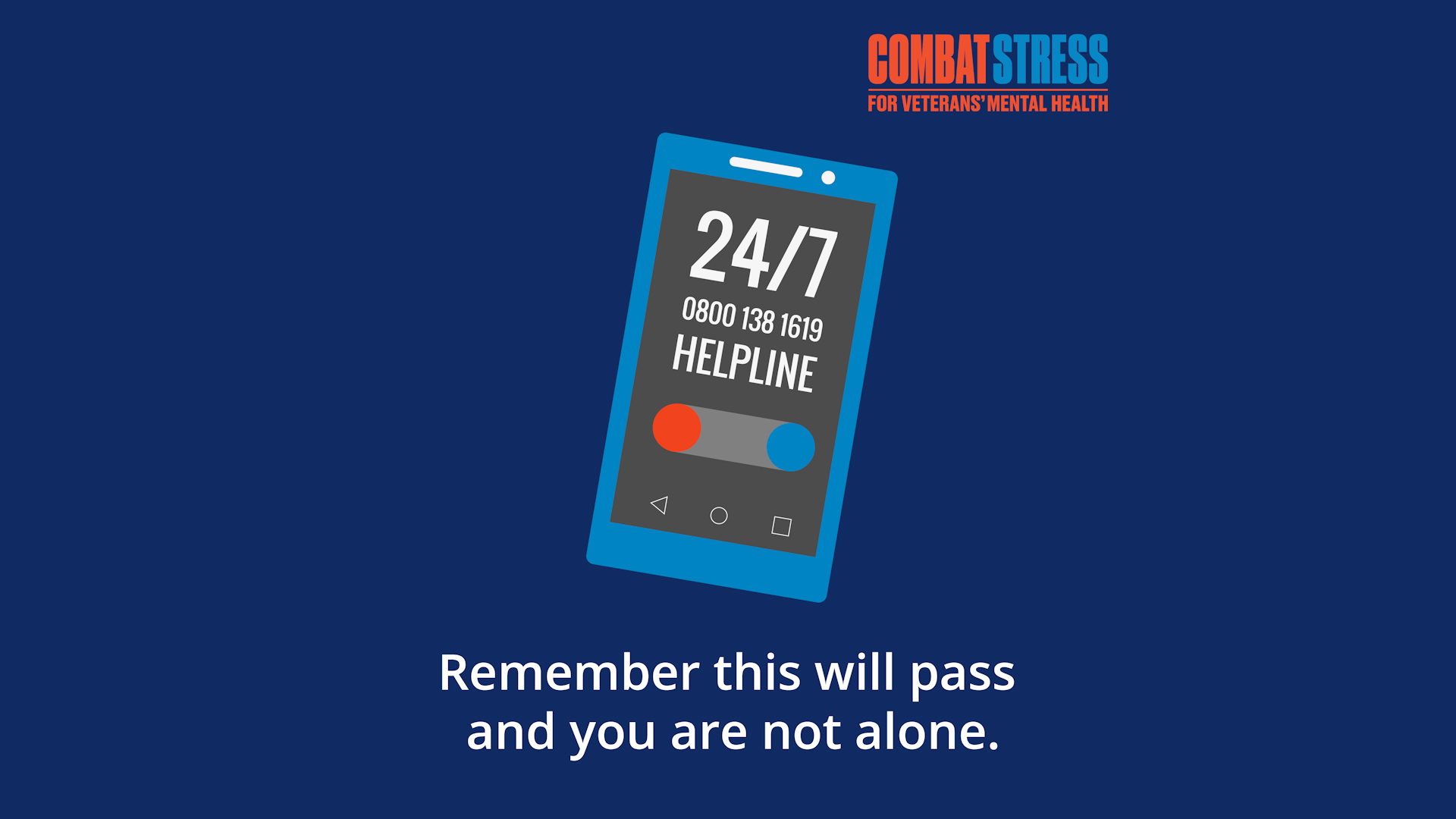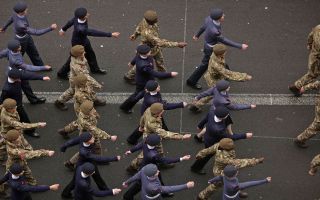
Mental health charity's advice for veterans on triggering effects of fireworks

This time of year can be hard for many former service men and women with mental health problems such as post-traumatic stress disorder.
The smell of lingering smoke, flashes of light, loud explosions, shrill whistles and crackle of fireworks are very similar to the sights, sounds and smells of warfare.
The brain can be tricked into believing they’re hearing mortars overhead, grenades exploding, automatic weapons, bomb explosions, weapons firing and tracer rounds colouring the night sky.
- Can angling help with PTSD?
- Ross Kemp calls for end to 'negative stereotype' of veterans with PTSD on TV
- Could PTSD affect dementia risk?
The Combat Stress clinic has released tips for any veterans who are affected by fireworks.
1. Reduce triggers
You can reduce the impact of some triggers by using ear defenders or noise-cancelling headphones, which can help reduce the shock of loud explosions.
Temporarily installing blackout blinds can help block out flashes of light.
2. Connect with loved ones
It's good to connect with loved ones. Asking family and friends to be with you during key dates for fireworks, such as Bonfire Night, can help to keep you entertained and reassured.
3. Stay in the here and now
Remind yourself you are safe, where you are and what is actually happening:
• I am at home. I'm not in a military compound.
• I am wearing jeans and a t-shirt, not military fatigues, webbing or body armour.
• I have my mobile and can call my friends and family and hear their voices, not waiting for my allocated call time.
• If I look out of the window, I can see the skyline of my home and the fireworks in the sky, NOT explosions or burning vehicles.
4. Use scents
Use scented candles, diffusers or plug-in air fresheners to make your home smell good and nothing like the environment you remember from deployments.
5. Get moving
Get your body moving! Stretch, squat, lunge, do push-ups, star jumps, or yoga. The choice is yours, but getting moving can provide a distraction and help reduce anxiety.
6. Breathe!
Long and slow breaths lower your heart rate and can help calm you.
7. Use grounding objects
Have a grounding object in your pocket – something that makes you feel home, safe and cared for.
8. Remember, this will pass and you're not alone
Combat Stress's helpline is available to all veterans living with military-related mental health difficulties, offering emotional support and guidance.
They can also assist people with beginning a referral for their treatment programmes.
The Combat Stress message is: "Please don't struggle in silence."









